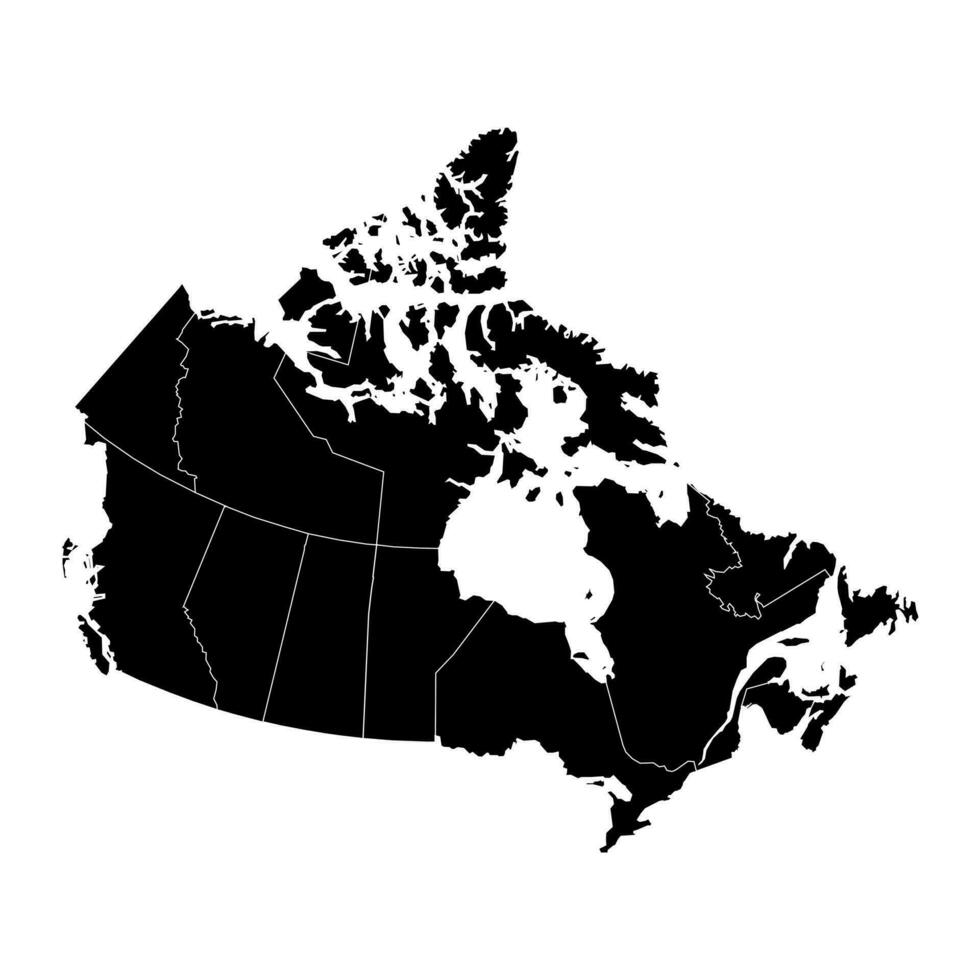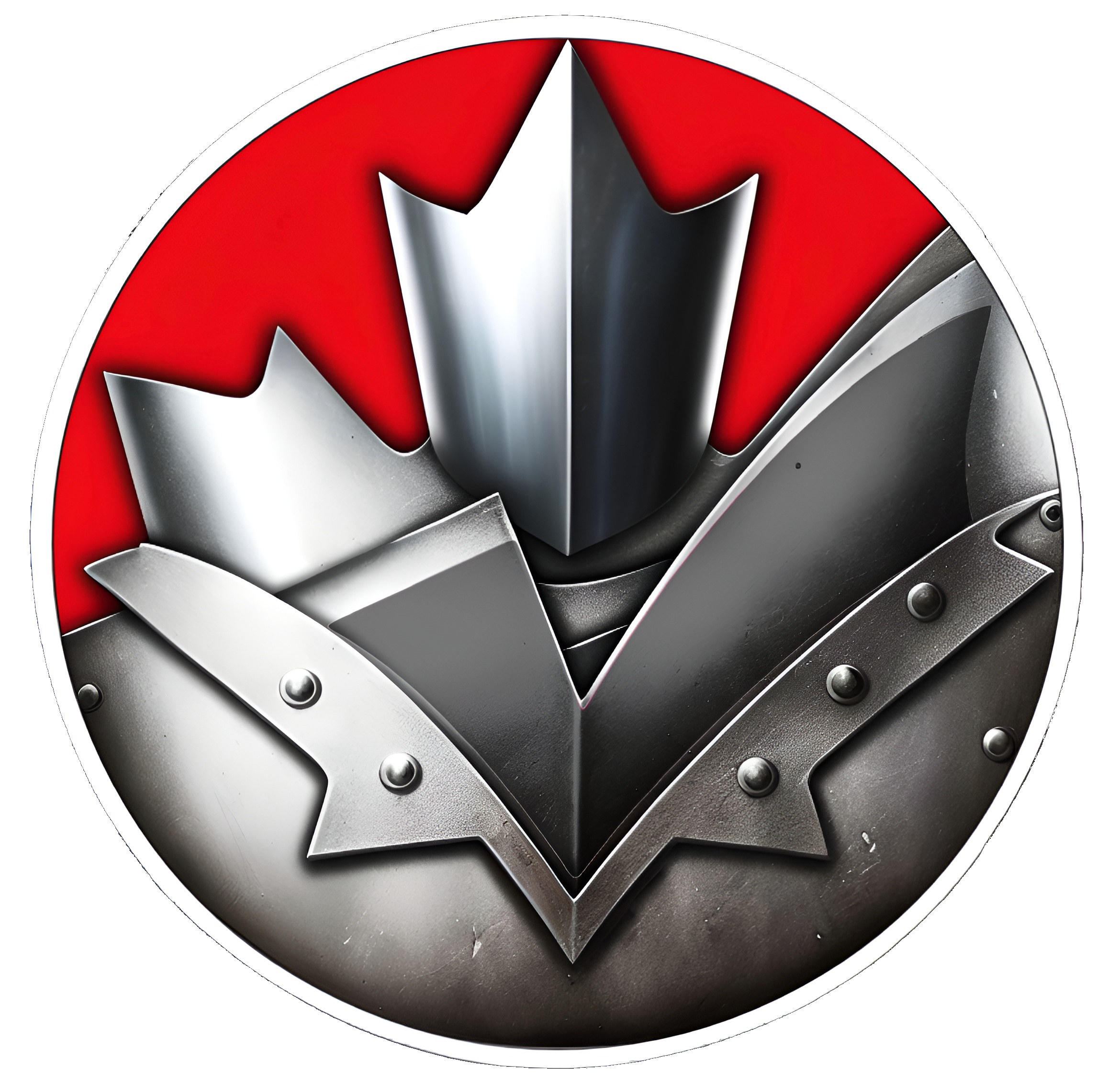
ENOUGH OF THE CORRUPT PARTY POLITICS. WE NEED BETTER PEOPLE IN GENERAL
An innovative platform designed to reinvigorate Canadian democracy by empowering independent candidates and challenging the entrenched party politics that dominate the federal landscape. The website serves as a central hub for recruiting, organizing, and supporting individuals willing to run as independent candidates in federal elections. By offering a streamlined, transparent, and accessible system for showcasing and mobilizing independent candidates, we aim to disrupt the traditional party-centric model of Canadian politics and foster a more representative and accountable government.
voteindependent.ca
END THE PARTY! VOTE INDEPENDENT
COMING SOON!


BRITISH COLUMBIA



ALBERTA
Vote Canada Independent candidates coalition could provide voters with a valuable resource. If independent candidates were to win a majority of seats in the House of Commons, the process for selecting a Prime Minister would differ from the typical party-based scenario.
Majority of Seats:
If independent candidates collectively won a majority of the seats in the House of Commons, they would have significant influence.
Prime Minister Selection:
The Prime Minister is usually the leader of the party with the most seats in the House of Commons. If there is no single party with a clear majority, a coalition government or a minority government can be formed.
Accountability:
Since independents do not belong to a party, they would be individually accountable to their constituents rather than to a party’s central leadership. This could make governance more complex, as there might be less cohesion and more individualistic approaches to policy-making.
VoteCanada.ca website could play a crucial role in informing the public about these independent candidates, their platforms, and how they plan to collaborate if elected. This approach could potentially bring more transparency and focus on individual qualifications rather than party affiliation.
If a majority of independent candidates were elected to the House of Commons and there was no agreement among them on who should be Prime Minister, the situation would be unconventional and complex. However, the process would still need to align with Canada’s constitutional conventions. Here’s how it might unfold:
Governor General's Role:
The Governor General, as the representative of the Crown, would have a role in this scenario. Normally, the Governor General appoints the leader of the party with the most seats as Prime Minister. If no clear leader is designated, the Governor General might consult with the elected Members of Parliament (MPs) to determine who is likely to command the confidence of the House.
Interim Prime Minister:
If no consensus is reached and no independent MP is put forward as a Prime Minister, the Governor General might appoint an interim Prime Minister to manage the government until a resolution is found. This interim Prime Minister would likely be someone who can maintain some level of government function and stability while negotiations or discussions about leadership continue.
House of Commons Resolution:
If there is no clear candidate for Prime Minister, the House of Commons might have to come to a decision. Members could propose a candidate or possibly elect a Speaker who could act as a temporary leader or mediator.
Continued Governance:
The government would need to be functional to pass legislation and manage public affairs. If a Prime Minister isn’t appointed, the government might function in a more ad-hoc manner with various independent MPs taking on roles or responsibilities on a temporary basis.
In summary, if there is no agreement or interest in selecting a Prime Minister from among the independent MPs, the Governor General would play a crucial role in either appointing an interim Prime Minister or guiding the process to find a workable solution for governing.
Running as an Independent Federal Candidate in Canada: A Step-by-Step Guide
INTRODUCTION
Welcome to your journey towards becoming an independent federal candidate in Canada. This guide will walk you through the legal requirements, steps, and timelines you need to follow to run in the next federal election.
1. Eligibility Criteria
To be eligible as an independent candidate, you must:
- Be a Canadian citizen.
- Be at least 18 years old on election day.
- Not be disqualified under Section 65 of the Canada Elections Act, which includes not being an elector, a member of certain legislative or judicial positions, or currently imprisoned.
2. Nomination Process
Nomination Period: Begins when the election writs are issued and ends 21 days before election day at 2:00 p.m. local time.
Nomination Paper (EC 20010) or Online Nomination Form
- You must submit either a paper form at the returning officer's office or an online form.
- This form requires:
- Your personal details.
- Appointment of an official agent (mandatory) and an auditor (if your campaign meets certain financial thresholds).
- Signatures from yourself, your official agent, and if applicable, your auditor and campaign delegate.
Endorsement: Since you're running independently, you won't have a party endorsement, but you'll need to ensure your name appears correctly on the ballot
3. Campaign Requirements
Official Agent: This person manages your campaign finances. They must be appointed before you can legally spend or accept contributions.
Auditor: If your campaign spends or receives $10,000 or more, or if you receive 10% or more of the votes in your electoral district, an auditor must be appointed.
Campaign Finances: You can start spending or receiving contributions once officially confirmed, but remember, contributions before confirmation can't receive tax receipts.
4. Confirmation and Ballot Appearance
- After submitting your nomination, the returning officer will either confirm your nomination or refuse it, providing reasons for refusal if applicable. You can correct or resubmit until the close of nominations.
Ballot: Your name will appear on the ballot without a party affiliation, simply as "Independent" or "No Affiliation."
5. Campaigning
Platform and Outreach: Develop your campaign platform, engage in community outreach, participate in debates, and use media to promote your candidacy.
Election Day: Ensure you and your team are ready for election day logistics, including scrutineers at polling stations.
6. Post-Election
Results: If you win, you become the Member of Parliament for your riding. If not, you've still contributed to the democratic process.
Financial Reporting: After the election, your campaign must file financial returns with Elections Canada.
Important Dates and Timelines
Election Date: Fixed for the third Monday of October in the fourth calendar year following the previous general election.
Nomination Period: Opens with the issuance of election writs and closes 21 days before election day.
Additional Considerations
Signature Requirements: While not directly mentioned for federal elections, some regions or parties might have signature thresholds for candidacy, but for federal elections, your eligibility and nomination process are as described.
Public Perception and Media: Being independent means you might need to work harder to gain media attention and public trust without party backing.
This guide should equip potential independent candidates with the necessary information to navigate the federal election process in Canada. Remember, running as an independent requires not just legal preparation but also strategic campaigning to stand out in a crowded field. Good luck!
HOW IT WORKS
1. Candidate Recruitment and Profiles
VoteCanada.ca operates by facilitating the recruitment of independent candidates across Canada. The platform invites individuals interested in running as independents to sign up and create detailed profiles. These profiles include essential information about the candidates, such as their political views, areas of interest, personal background, and reasons for choosing to run as independents.
2. Organization by Provinces and Ridings
The website is meticulously organized to cover all provinces and federal ridings. Once a candidate registers, their profile is categorized based on their geographic location and the federal riding they aim to contest. This structure ensures that voters can easily find information about independent candidates running in their specific areas, enhancing local engagement and support.
3. Ideological Classification
To provide clarity on the candidates' political leanings and policy priorities, VoteCanada.ca sorts candidates into broad ideological categories, such as more conservative or more liberal. This classification helps voters understand where each candidate stands on various issues and how they align with their own values. Additionally, the platform allows candidates to highlight key issues and policy positions that matter most to them.
4. Transparency and Accountability
VoteCanada.ca places a strong emphasis on transparency and accountability. By providing detailed profiles and regular updates on each candidate's campaign progress, the website keeps voters informed about their potential representatives. This transparency aims to build trust and encourage active voter participation in the electoral process.
5. Challenging Party Politics
One of the core objectives of VoteCanada.ca is to hold established political parties accountable. By showcasing independent candidates as viable alternatives to party-affiliated politicians, the platform seeks to expose weaknesses in the current party system and encourage voters to consider non-partisan options. The visibility of independent candidates on the site serves as a direct challenge to incumbent politicians, making them aware that there is a growing movement of Canadians dissatisfied with party politics.
6. Fostering Change
VoteCanada.ca envisions a political landscape where independent candidates can significantly impact elections and influence the direction of Canadian politics. By facilitating the rise of independents, the platform aims to reduce the dominance of political parties and introduce a more diverse range of voices into the political arena. The ultimate goal is to create a more dynamic and responsive government that better reflects the needs and desires of all Canadians.
Benefits of VoteCanada.ca
Empowerment of Individuals: By providing a platform for individuals to step forward as independent candidates, VoteCanada.ca empowers citizens to take an active role in shaping their government.
Increased Voter Engagement: The website makes it easier for voters to find and support independent candidates, potentially increasing overall voter engagement and participation.
Enhanced Transparency: Detailed candidate profiles and ongoing updates promote transparency and help build trust between candidates and voters.
Challenge to the Status Quo: By highlighting independent candidates and their potential to disrupt traditional party politics, VoteCanada.ca encourages political reform and a more accountable political system.
VoteCanada.ca represents a bold step toward revitalizing Canadian democracy. By providing a platform for independent candidates and challenging the dominance of party politics, the website aims to foster a more representative and responsive government. Through its comprehensive organization, transparency, and commitment to change, VoteCanada.ca seeks to engage Canadians in a meaningful way and drive the evolution of their political landscape.